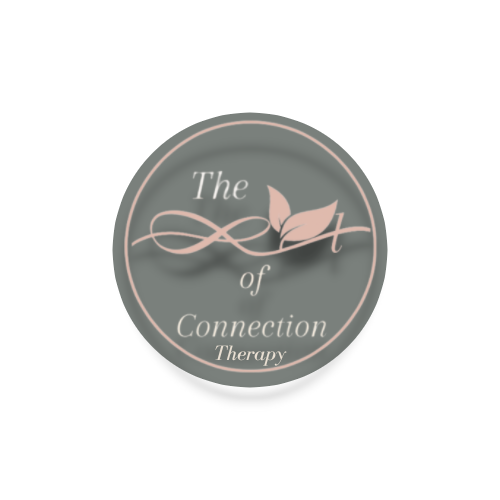My Spouse REFUSES to Go to Couple’s Counseling!
We’ve seen it plenty of times before. One person is ready and want couples therapy and the other person does not. What do you do? Well, there are things that can be done to help the couple move their relationship in a positive direction.
DON’T criticize and blame your partner. Now, I know this can be tempting because you’ve been waiting a long time, you’re frustrated with the lack of progress in your relationship, and feel disconnected from your partner. You may feel a lot of anger, sadness, and even disgust. I get it, but we all know that when people feel criticized and blamed, they are less likely to take in new information —even if it’s good information.
DO assertively communicate your needs and desires. For example, “ I would like to go to couples therapy to work on our issues. I feel sad and lonely that we are not getting along.” Be sure to save this conversation for when you are calm. Try to be respectful and use gentle body language and tone of voice to get your message across. Attempt to use as many “I” statements as possible to reduce the chance of your partner feeling blamed.
DON’T ignore and/or dismiss your partner’s stance and/or feelings. We’ve all heard it before: Communication is a two-way street. The first part of communication is sending a clear message to your partner. The second half of communication, which always gets left out, is actually listening to your partner.
DO seek to listen and understand your partner’s point of view. Active listening shows your partner that you actually care about what they feel and are not just trying to push your point across. An example of active listening could be having a posture of listening to your partner, such as eye-contact and relaxed posture in your body. You can also restate what you heard your partner say. For example, “If I understand what you said, you are sad about the state of our relationship and want to go to counseling to see if it would help. Is that right?”
DON’T give ultimatums, make brash decisions, or give the silent treatment, etc. Basically, don’t do anything to try to jolt your spouse into going to counseling with you. I know this is a hard one, but hear me out. Giving ultimatums can damage the trust in a relationship that is already not going well. You may get your spouse to comply by using ultimatums, but their hearts will not be in it, and that will become evident during the counseling process. In order for counseling to work, both partners have to be invested in the process and be open and ready for change.
DO provide a list of pros and cons of doing nothing versus doing something. Again, do this when you are calm, make sure you are respectful, and be sure to listen to your partner.
DON’T get entrenched into a cycle of pushing to have your way and ignoring/defending. Each time the cycle happens, partners tend to get more and more locked into their stance. This causes the couple to become polarized and more rigid in their thinking about the problem, which in the end gets them nowhere.
DO brainstorm ideas of what the two of you can do. List about 5-7 ideas, no matter how crazy the idea may sound. For instance, one idea may be to do intense counseling for 3 to 6 months. Another idea may be that the couple decides to read a book together about improving their relationship and discuss it everyday or every week. An alternative idea may be to play relationship card games, which help to create intimacy, address issues, and foster conversation around certain topics that may not have been addressed. Another idea is to attend a marriage conference and/or a marriage retreat, something that’s intense enough to help the two of you come together again.
DON’T stop after brainstorming. The brainstorming process helps you come up with ideas. You actually have to put something into practice to get the ball rolling.
DO search for a compromise from the ideas listed and set a time to evaluate. This can be a valuable tool for couples, especially so that one or both people don’t feel like they are stuck with whatever decision they chose. This can help with flexibility and openness to move the relationship in a positive direction for change.
Remember, there is never a one size fits all for relationships. The goal is to improve your relationship, to make it healthier, and to have a more satisfying life with your spouse.
